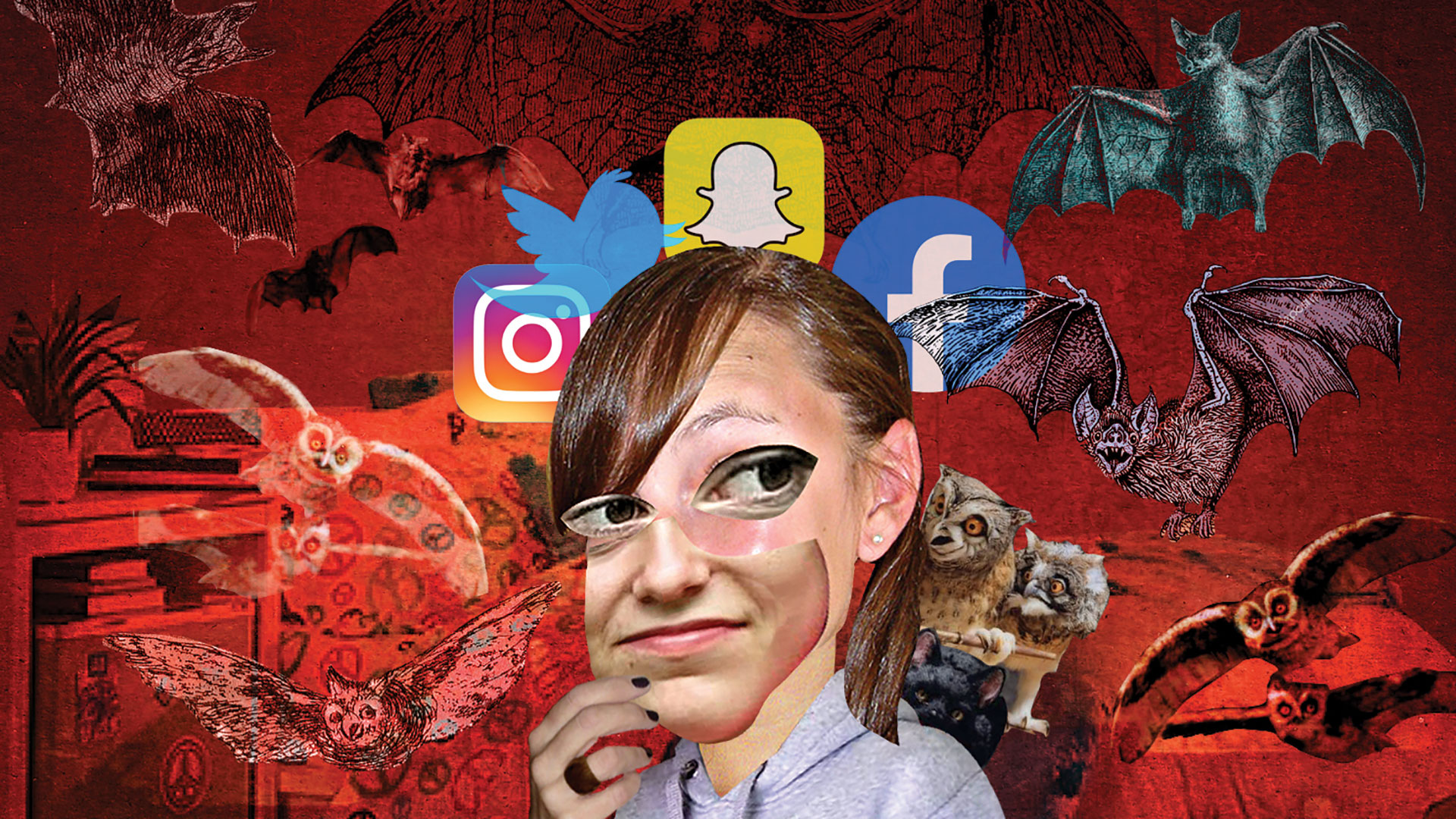The Telegraph also asked the academics who led the study, UCL Great Ormond Street Institute of Child Health’s Russell Viner, to write an opinion piece entitled: “Social media needn’t be harmful – if parents know what their children are watching”.
Meanwhile, other titles interpreted the study in the opposite way. Both the Financial Times and The Sun suggested that social media did have a direct impact on teenagers. The FT opted for: “Social media damages teenagers’ mental health, study shows”, as for The Sun, they went for: “DISGRACEBOOK. Facebook and Instagram are damaging children’s mental health, major study warns”.
But which approach is right?
Facts. Checked
The study warned that mental health damage from social media was down to the issues surrounding social media rather than directly using it to extreme levels.
Professor Viner and his co-author Dr Dasha Nicholls, from Imperial College London, suggested that direct effects, such as on brain development, are unlikely and so interventions to simply reduce social media use might be misplaced.
They found that very frequent social media use was associated with greater psychological distress.
That distress increased for girls the more they used social media – in 2014, 28 per cent of girls who very frequently used social media reported psychological distress on the general health questionnaire, compared with 20 per cent of those using it weekly or less.
This increase was not as pronounced in questionnaires answered by boys. But the key point of the study was not that spending hours on social media was the reason for the distress, it was the associated issues of cyber-bullying, loss of sleep or reduced physical activity that come with being online.
This is a subtle distinction that might be lost by glancing at the headlines in The Sun and the FT.
As Professor Viner puts it: “Our results suggest that social media itself doesn’t cause harm, but that frequent use may disrupt activities that have a positive impact on mental health such as sleeping and exercising, while increasing exposure of young people to harmful content, particularly the negative experience of cyber-bullying.”
These findings contradict some previously negative findings about teenagers’ use of social media.
But the impact of Twitter, Facebook, Snapchat and co is still being analysed and research in this area will continue to advance over time.
While that happens, encouraging moderation, particularly at night, is a sensible course of action.
Image: Miles Cole










